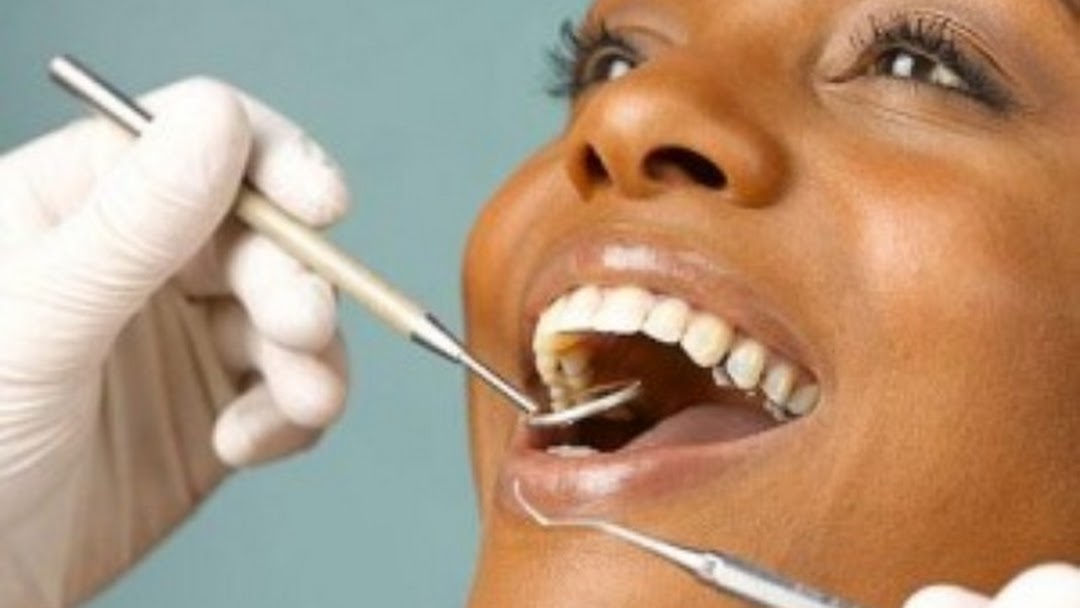Daily and efficient oral hygiene is the main weapon to avoid this problem.
You look in the mirror and realize that there is a more yellowish and hardened layer on your teeth, which is the tartar.
Also called dental calculus, this problem begins when small bacterial plaques begin to form on the teeth, resulting from lack of hygiene after eating.
And as much as it causes an unpleasant appearance in the smile, this is a very common problem. However, if not previously treated, over the years it harms not only the beauty of the smile, but also oral health.
And if you have doubts about what tartar is and how to start its treatment, we recommend that you read this text. Here we will give you tips to get rid of this problem and maintain the health of your smile. So happy reading!
What is tartar?
Tartar is formed through the accumulation of these bacterial plates that remain on the surface of the teeth. When they are not removed, over time they end up hardening and get stuck in place, forming a yellowish or whitish “crust”
That is, it is nothing more than bacteria attached to the teeth, which live and multiply, which causes a number of health problems, harming the mouth and also the body.
This development occurs when there is no efficiency in hygiene, and when the plaque becomes hardened, the patient alone is not able to solve the problem. And when you reach this stage, it is recommended that you look for a specialist to carry out the removal.
What types of problems can tartar cause?
Tartar feeds on micro-organisms in your mouth, and can even multiply throughout your smile. And this results in problems for oral health, such as:
gum inflammations
clogging of the arteries
gingivitis
periodontal disease
loss of teeth
Therefore, prevention is much better than cure. And the best thing is to maintain good oral hygiene to avoid this problem and more serious consequences in the future.
That is, it is brushing, flossing and rinsing that will be your allies in this task to avoid tartar and other oral health problems. Always after meals and before bed.
Tips on how to avoid tartar
Follow below some basic tips that we have separated for you to avoid tartar on your teeth.
- Do oral hygiene every day, after meals and before bed.
- Always use water flossing (water flossing is more recommended by dentists than regular floss)
- Be sure to use a mouthwash
- Avoid eating more sugary or carbohydrate-filled foods
- Go to the dentist regularly










